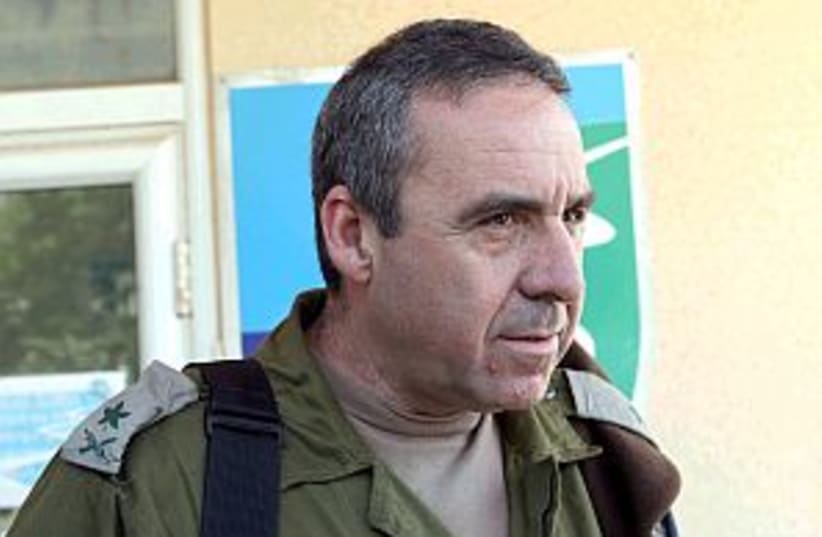On Tuesday, the largest military force was operating in Lebanon since Israel launched Operation Change of Direction on July 12 following the abduction of two soldiers in a cross-border Hizbullah attack. Paratroopers were operating in the village of Aita al-Sha'ab near Shtula, troops from the Golani Brigade were operating near the village of Al Adisya north of Metula, the Nahal Brigade was operating near the village of Ataybah close by and the Armored Corps 7th Brigade was operating near Maroun a-Ras.
Also Tuesday, thousands of IDF reservists were gearing up for the first incursion of reservists into southern Lebanon.
The IDF, a high-ranking source in the Northern Command said Tuesday, needed at least one more week to clear the area south of the Litani River of Hizbullah guerillas. The troops on the ground, he said, would not spend more than one-to-two days inside the Hizbullah strongholds and would operate at a faster pace than in the past.
"We will sweep through the area in an effort to exterminate the Hizbullah presence in the villages," the officer said, expressing hope that the objective would be achieved before the UN Security Council passed a resolution calling for a cease-fire, expected to happen by the end of the week.
Signifying, however, that the IDF might also try to send troops north of the Litani, IAF fighter jets dropped tens of thousands of leaflets over villages north of the river on Tuesday calling on the residents to flee further north in anticipation of IDF operations in the area.
Brig.-Gen. Alon Friedman, deputy commander of the Northern Command, said Tuesday evening that while it would take until the end of the week for the IDF to take up positions within southern Lebanon, it could take over a month to destroy Hizbullah terror infrastructure in the area.
"If we will need to operate north of the Litani," Friedman said, "we will also operate there."
A high-ranking officer said the IDF was slightly disappointed with the progress of the ground operations in southern Lebanon and was hoping that the current incursion would bring the results. "We would have liked things to go faster," the officer said. "The enemy, however, had six years to get ready and infantry units can only go as fast as they can walk."•

